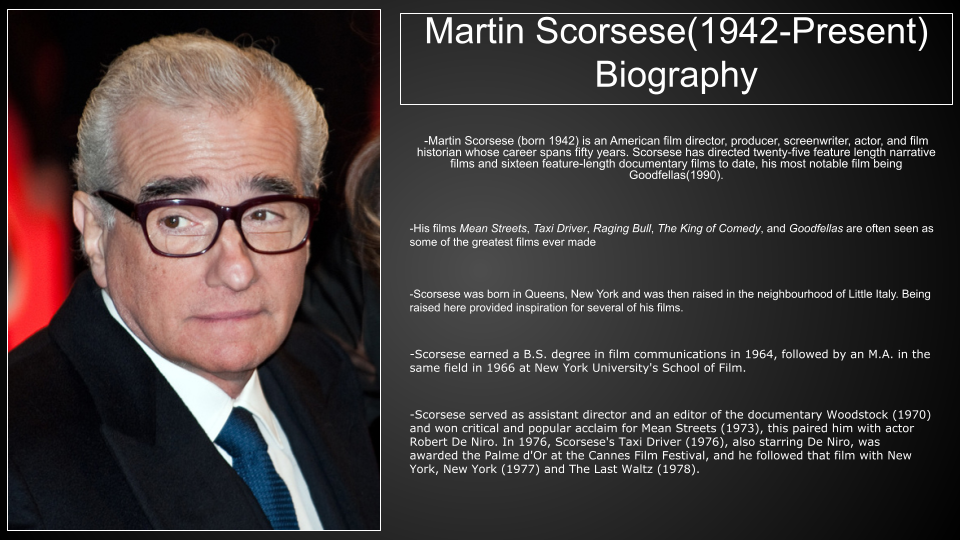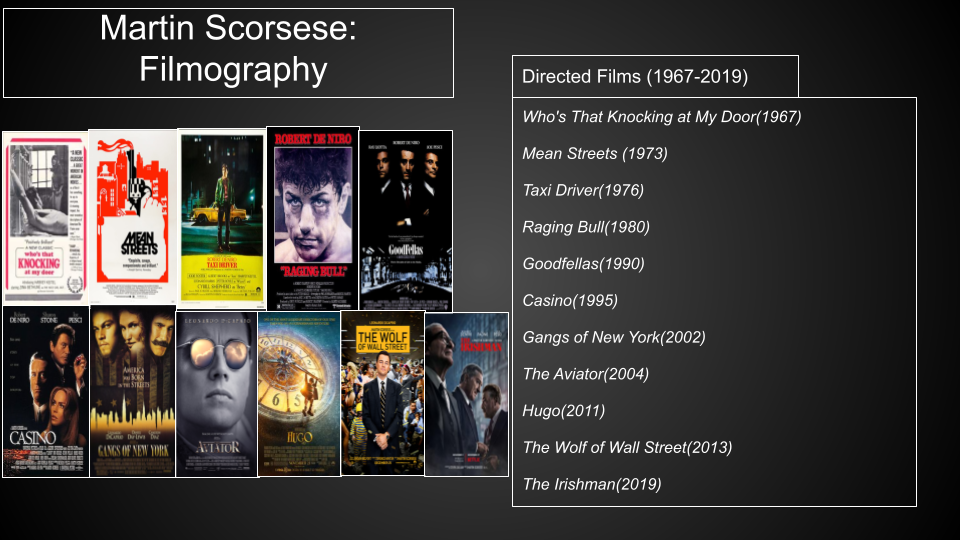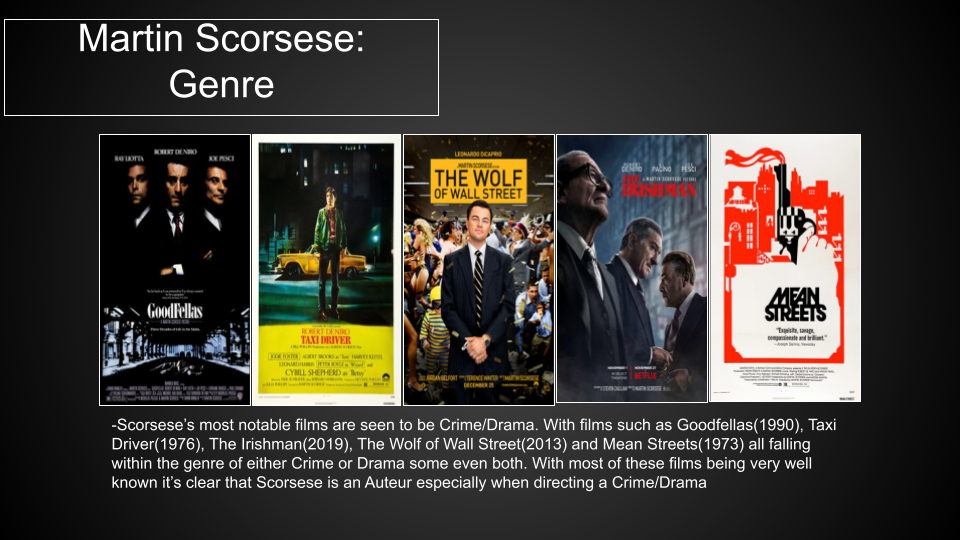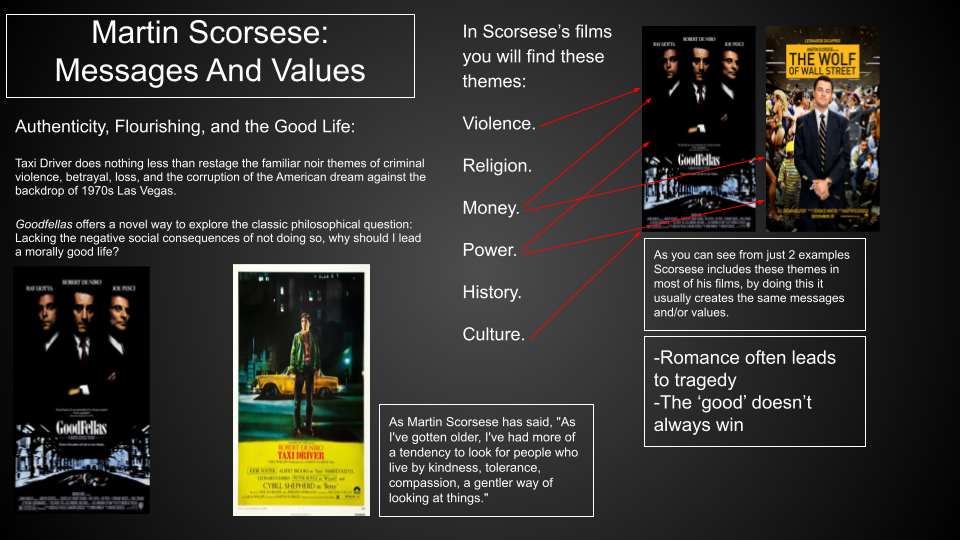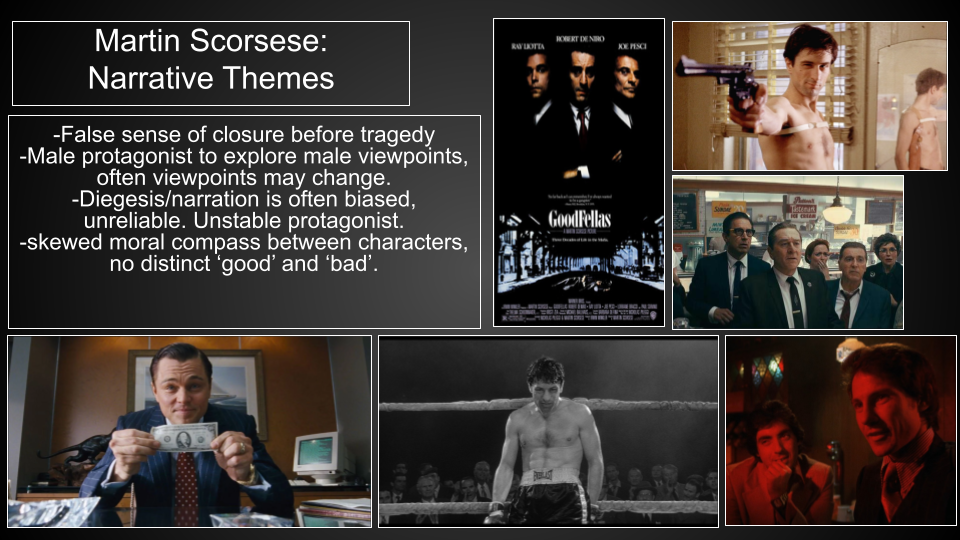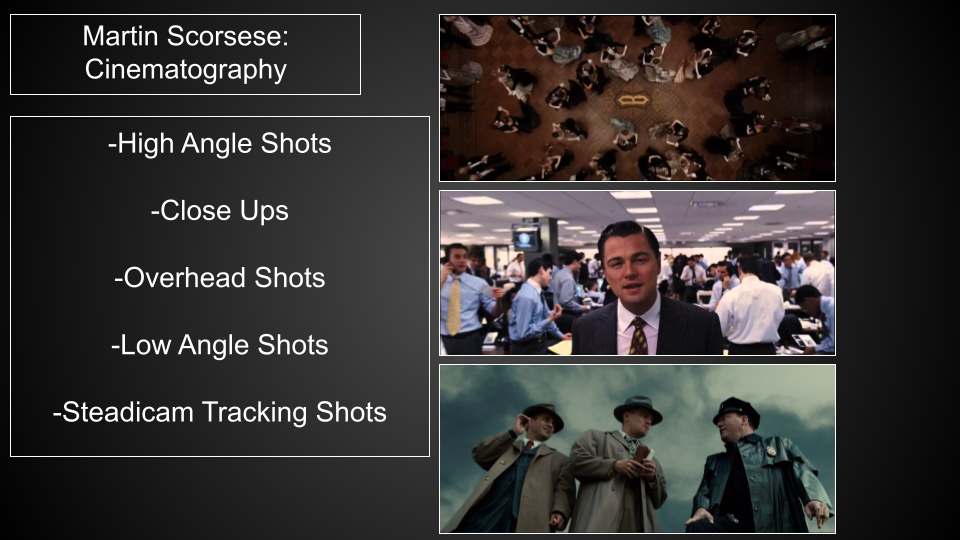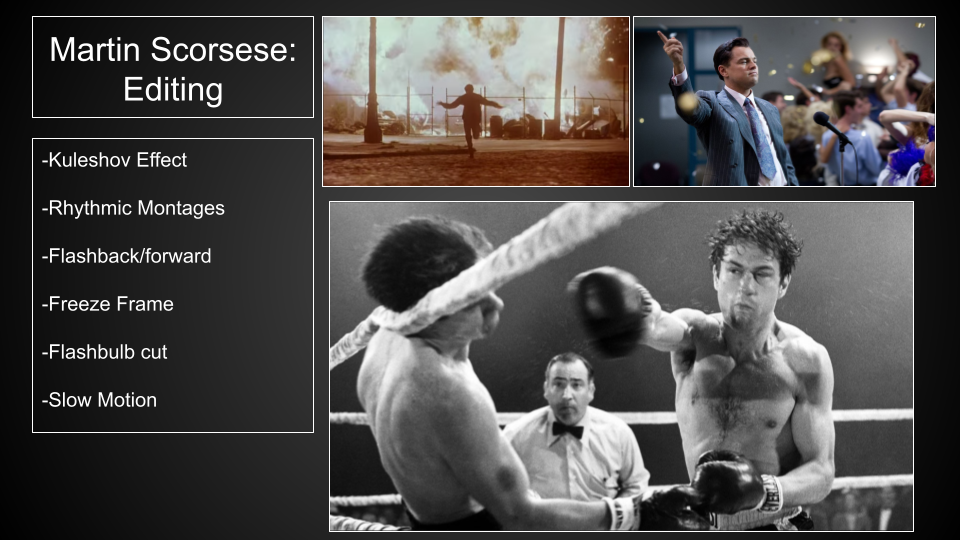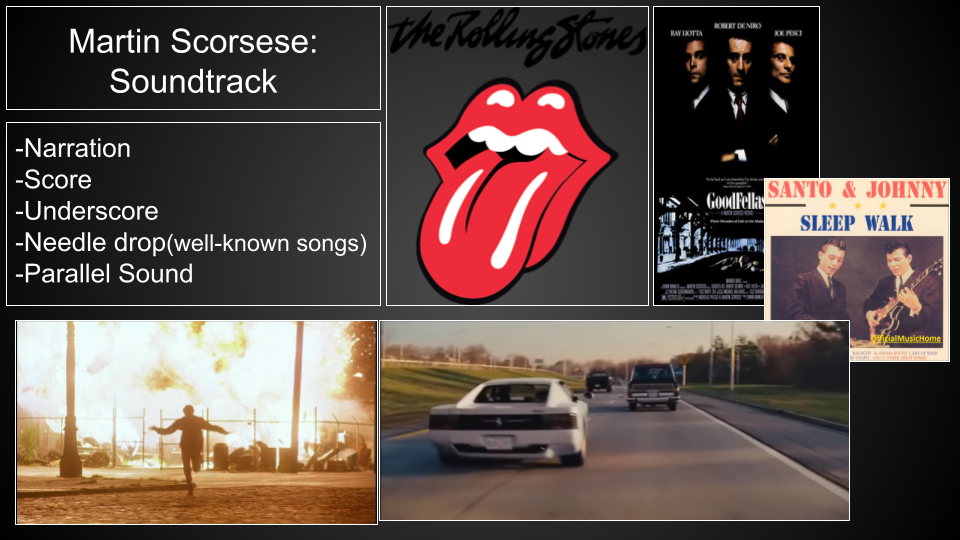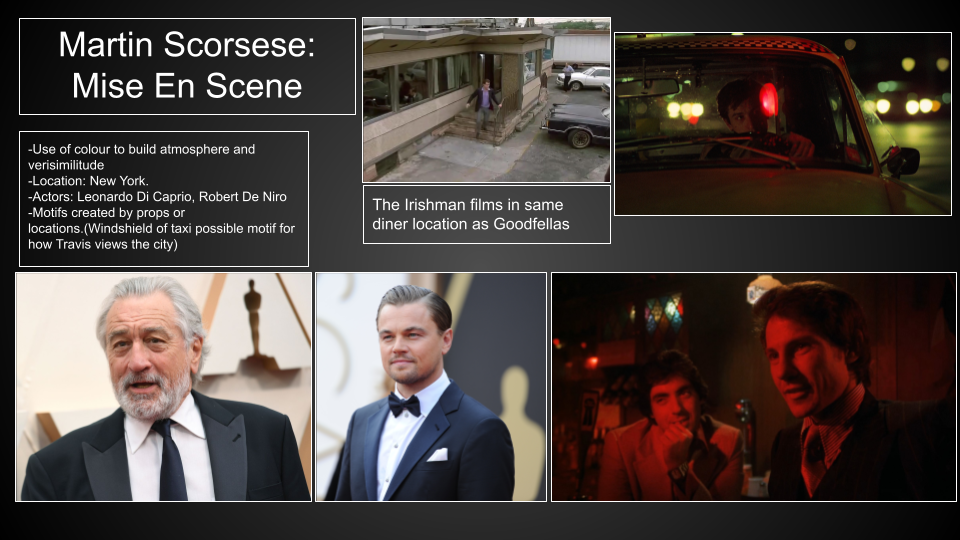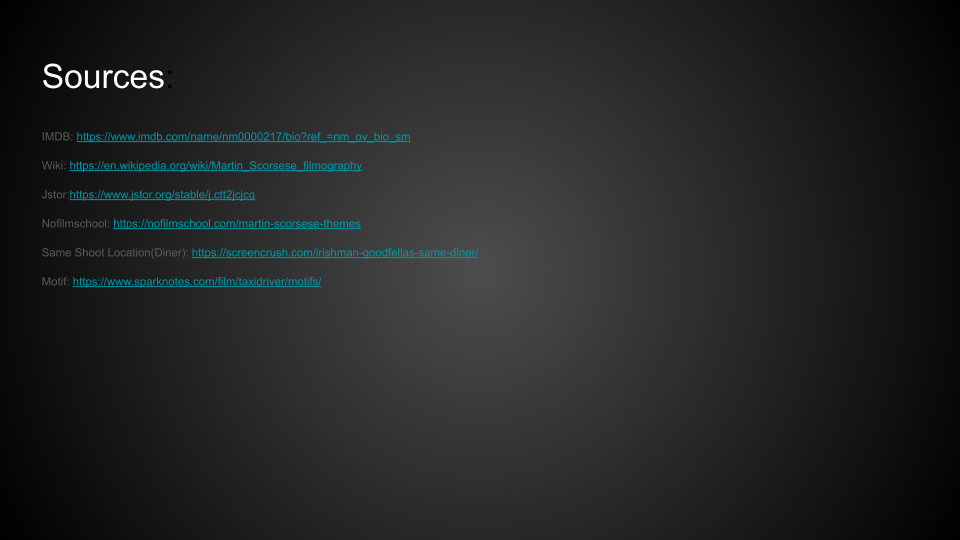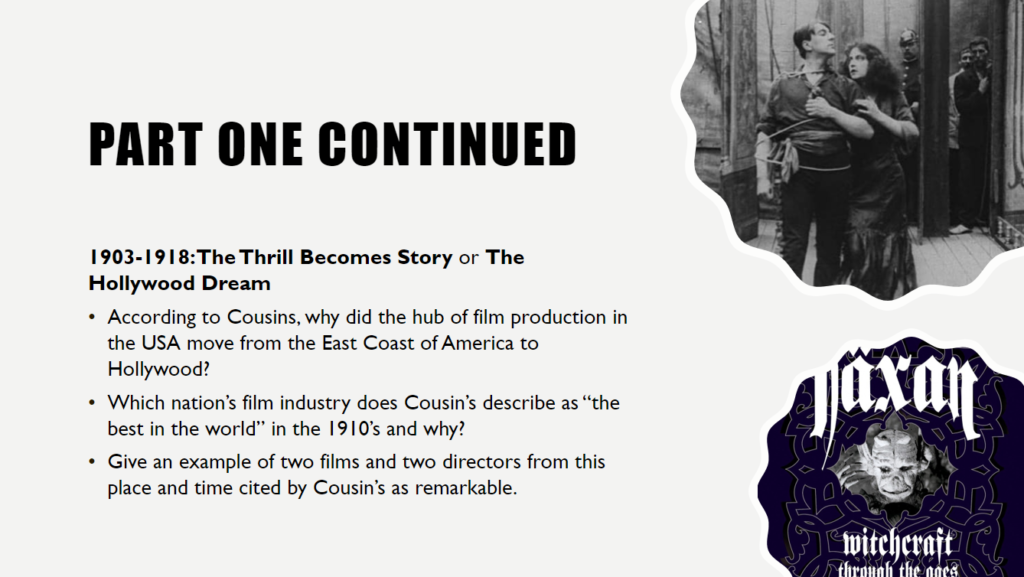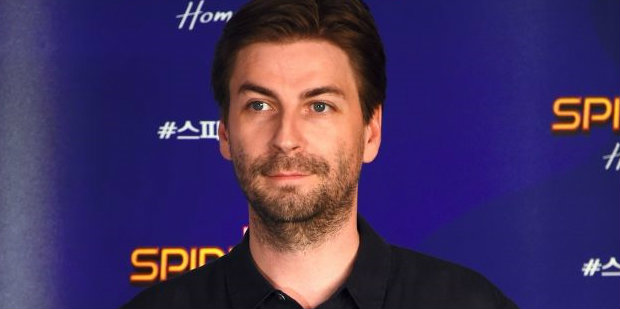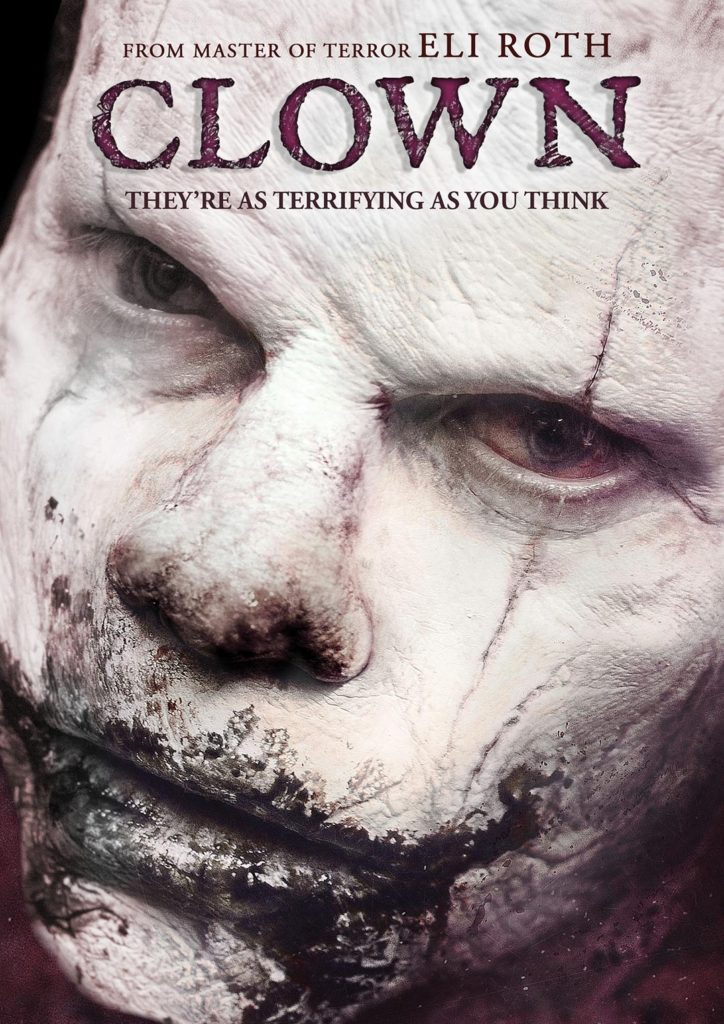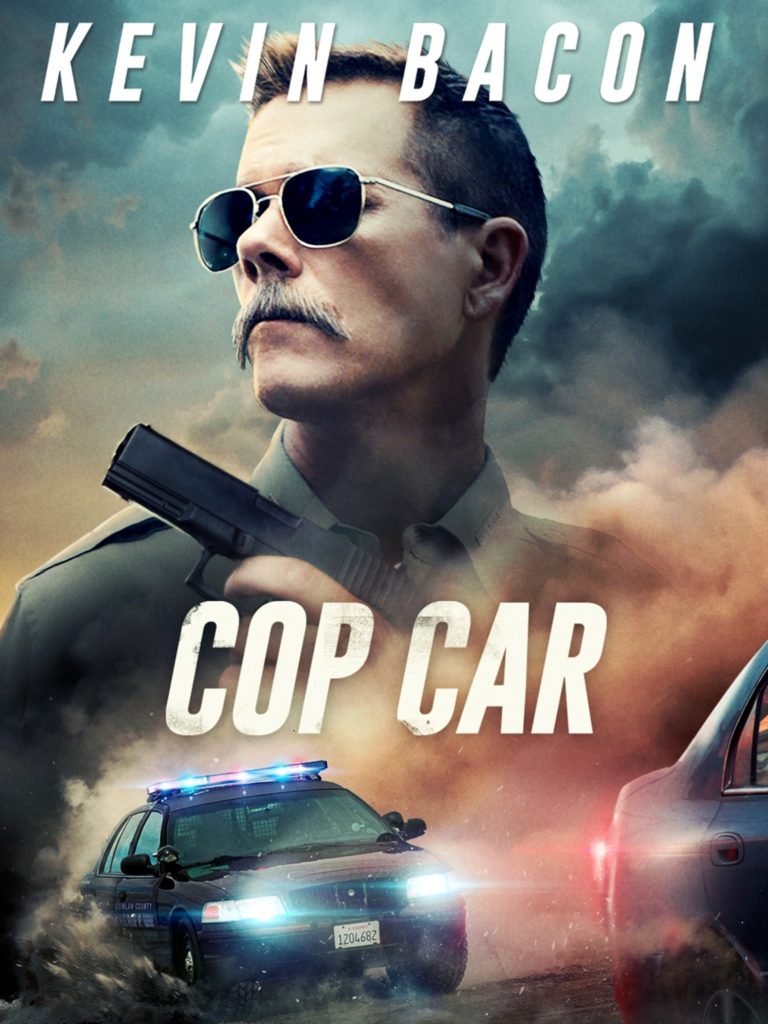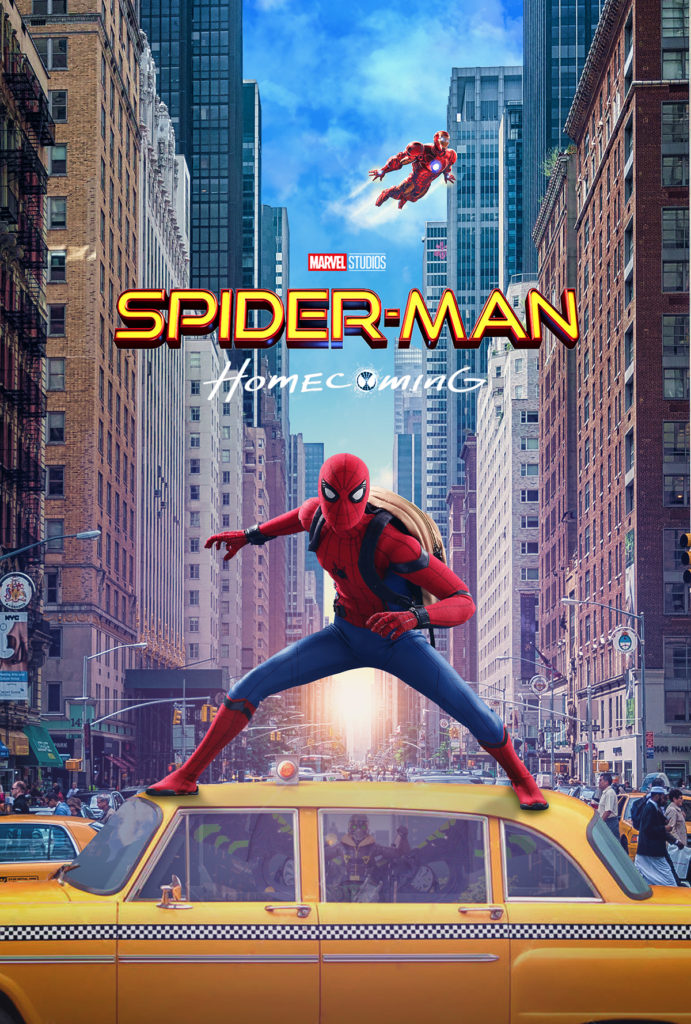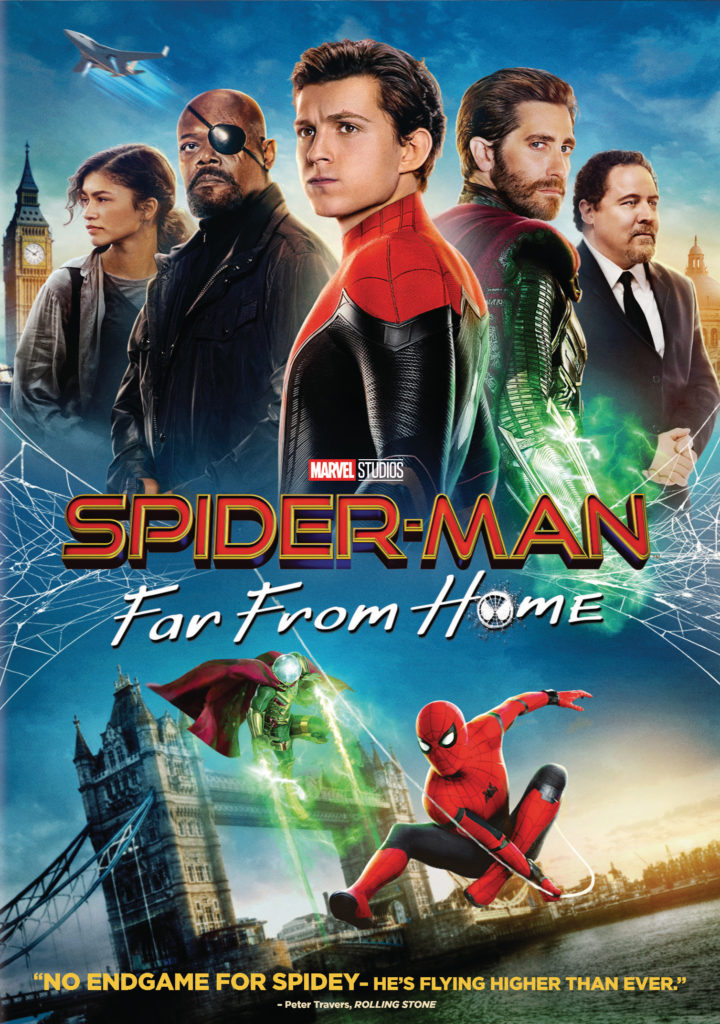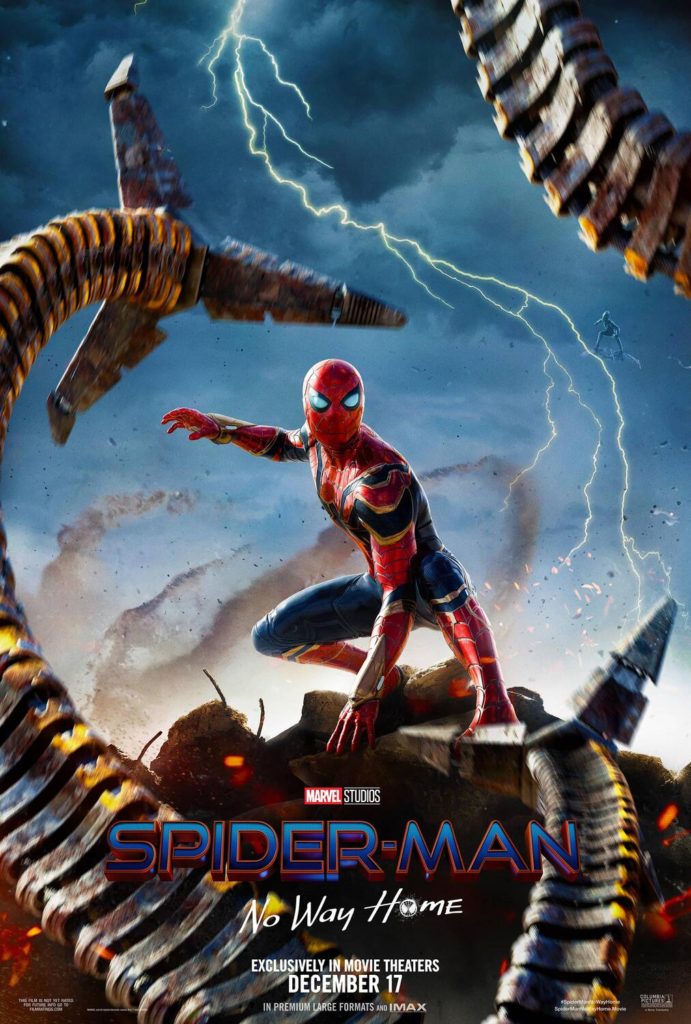Director
The Director of a film is the one with the creative/artistic vision, they Direct everyone working on set so the crew can all work towards the same vision efficiently. If the Director doesn’t share what they want or direct the crew well then the film typically won’t come together as well as the Director envisioned it.
The director works throughout the film, pre-production and post-production. The Director usually works closely with crew members such as the cinematographer so that the Director can share their artistic vision throughout the film production. When working closely with crew members a Director would always be open for interpretation, especially from a respected name in the industry, so the Directors artistic vision may shift or be appropriated by others vision.
The Director is employed by Producers mostly, ‘within the film industry directors are usually employed on a freelance, self-employed basis by independent production companies. Independent production companies and individual producers often initially develop projects without a director attached – they’ll start looking for a director as they begin seeking finance for the project. The choice of director is often key to receiving financial backing for a project, as it’s the director’s experience, reputation and artistic value that will help to convince or satisfy the requirements of individuals or organisations funding the film project.’
Responsibilities
As a film director, you’ll need to:
- read scripts
- work with writers and provide feedback on the further development of scripts
- select actors – sometimes working with casting directors and producers during this selection process
- monitor rehearsals
- direct actors during the filming
- select locations for filming
- hold meetings with key departments such as the camera, art and costume departments during the planning stages and throughout the filming
- agree the budget and schedule of the film with the producer
- be responsible for staying on budget and schedule
- supervise all creative aspects of the production
- work with the editor to present the final version of the film
- select music for the final film and/or work with a composer to decide on the musical score
- build and develop a network of contacts including writers, producers, film festivals and public funding bodies
- maintain contemporary technical skills
- have an awareness and knowledge of emerging industry trends.
Overall ‘the Director is integral to the success of any film project. As a director you’ll contribute to all the creative elements of a production and will be responsible for shaping them into a cohesive film.’
‘In order to do this, you’ll need a strong creative vision and the ability to communicate your ideas to a variety of people throughout the production process. This will include your production team, crew, actors and those responsible for financing the film.’
Cinematographer
Cinematographers work closely with the Director to determine and interpret the directors artistic vision on the camera angles, lighting, shot types etc.
‘Cinematographers film motion pictures. They usually have a team of camera operators and assistants working under them. They determine the angles and types of equipment that will best capture a shot. They also adjust the lighting in a shot, because that is an important part of how the image looks.’
Cinematographers require:
- An excellent understanding of Lighting, Shot types and angles, how and why they’re used.
- Good communication
- Creative/artistic vision
Sound Designer:
Sound Designers implement the element of sound to the film. This can be used to create further meaning, change the tone, create an appropriate atmosphere and change tempo of a scene.
The sound of a film is as important as the visuals. Sound designers can create SFX in very inventive ways, with the top end equipment which they generally have access to on higher budget films they have the ability to make the sounds very accurate to what is appearing on screen.
Responsibilities:
- compose and engineer music
- assist in post-production by improving sound quality or adding sound over video
- record, layer and produce sounds and sound effects for a desired impact
- spot, arrange and edit audio into video or other delivery mechanisms.
Cinematographer: https://www.raise.me/careers/media-and-communication/film-and-video-editors-and-camera-operators/cinematographers/
Director: https://www.prospects.ac.uk/job-profiles/film-director
https://www.prospects.ac.uk/job-profiles/sound-designer

